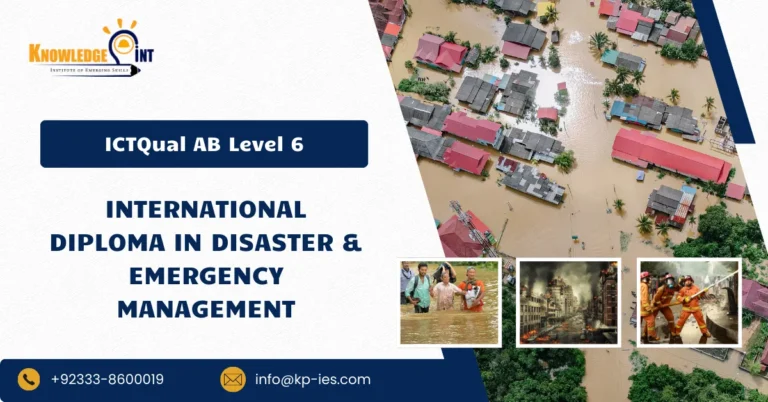Qualifi Level 4 Diploma
Accounting and Finance
Awarding Body
Qualifi
Credits
120 credits
Course Type
Ofqual Regulated
study mode
Online Learning
Course overview
The Qualifi Level 4 Diploma in Accounting and Finance is a professionally focused qualification designed to provide learners with a strong foundation in accounting practices, financial management, and core business operations. The programme equips learners with both theoretical knowledge and practical skills required for entry-level roles in accounting, finance, and bookkeeping, while also supporting progression to higher academic qualifications.
This diploma covers key areas such as financial accounting, management accounting, budgeting, financial reporting, and an understanding of the wider business environment. Learners develop the ability to prepare, interpret, and analyse financial statements, manage financial data accurately, and support informed decision-making within organisations. The course also enhances learners’ numerical, analytical, and problem-solving skills, which are essential in financial and business-related roles.
The Qualifi Level 4 Diploma in Accounting and Finance is ideal for individuals who aspire to build a career in accounting, finance, or business administration. It is also suitable for professionals currently working in financial or administrative roles who wish to formalise their knowledge and advance their career prospects. On completion, learners are well prepared for employment in junior accounting and finance positions or for progression to higher-level qualifications in accounting, finance, or business management.

satellite centre of Paradigm UK
For Qualifi Qualifications

Entry Requirments
Entry Requirements for the Qualifi Level 4 Diploma in Accounting and Finance.
- Educational Qualifications:Applicants should typically hold a Level 3 qualification or equivalent in accounting, finance, business, or a related field. Applicants with relevant international qualifications may also be considered.
- Professional Experience:Applicants without formal qualifications may be considered if they have relevant work experience in accounting, bookkeeping, finance, or business-related roles.
- English Language Proficiency:Applicants must demonstrate a suitable level of English language proficiency, typically equivalent to IELTS 5.5 or above, or evidence of prior study or professional experience conducted in English.
Course structure
The Qualifi Level 4 Diploma in Accounting and Finance consists of 6 units which are as follows.






